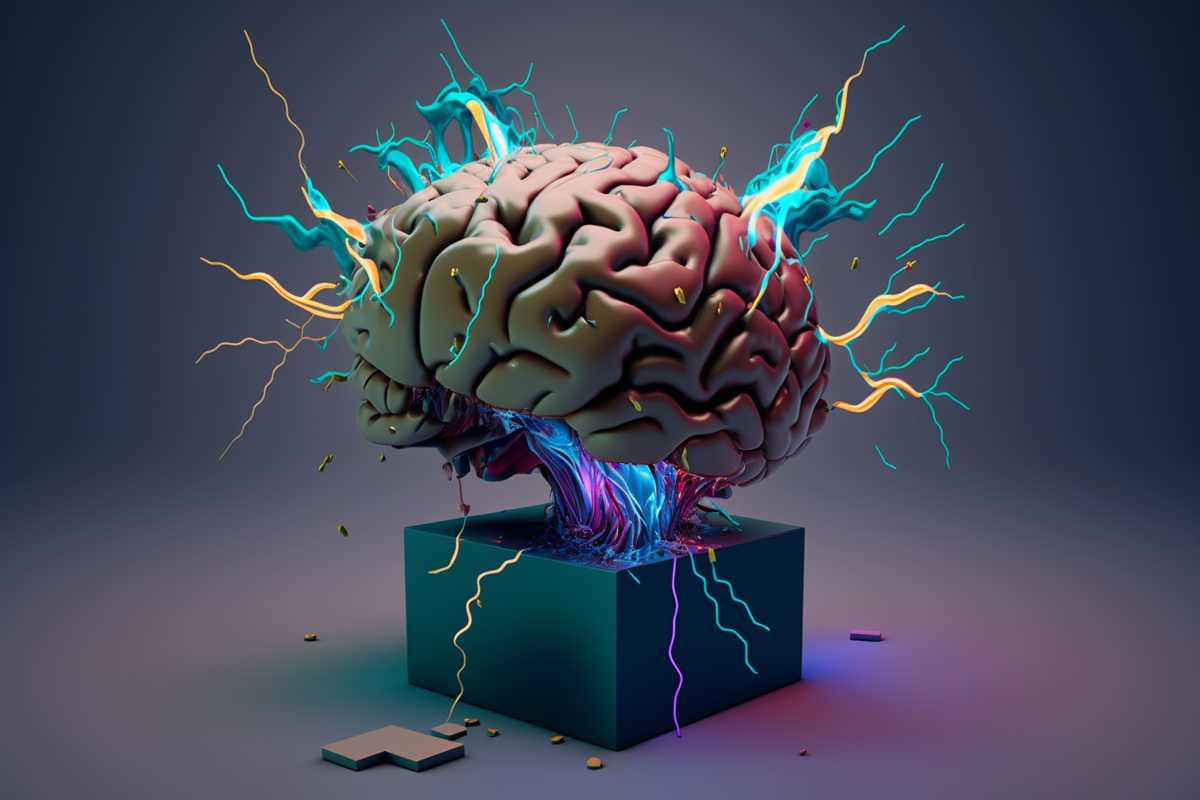Mental Fatigue in Sports: The Tired Athlete's Brain and its Effects on Performance
Athletes are expected to perform at their best, pushing the limits of their physical and mental abilities. However, mental fatigue can take a toll on an athlete's performance, affecting their ability to think clearly and make split-second decisions on the field.

Athletes are expected to perform at their best, pushing the limits of their physical and mental abilities. However, mental fatigue can take a toll on an athlete's performance, affecting their ability to think clearly and make split-second decisions on the field.
What is Mental Fatigue?
Mental fatigue is a state of weariness that occurs when the brain is overworked and unable to perform at its peak. It can be caused by a variety of factors, including stress, lack of sleep, and prolonged cognitive activity. In sports, mental fatigue can have a significant impact on an athlete's performance, leading to decreased reaction times and impaired decision-making skills.
The Science Behind Mental Fatigue in Sports
Studies have shown that mental fatigue can affect the brain in several ways, including changes in brain waves, decreases in glucose metabolism, and alterations in neurotransmitter levels. These changes can lead to decreased cognitive abilities, including attention, memory, and decision-making. Additionally, mental fatigue can also cause an increase in muscle fatigue, leading to a decrease in physical performance.
Effects of Mental Fatigue on Athletic Performance
The effects of mental fatigue on athletic performance can be substantial. Fatigued athletes may experience decreased reaction times, impairments in decision-making, and difficulties in executing complex motor skills. These effects can be especially pronounced in high-stakes situations, such as playoff games or championship matches.
Strategies for Managing Mental Fatigue in Sports
Athletes can take several steps to manage mental fatigue and maintain peak performance on the field. Some strategies include:
- Adequate sleep: Getting enough sleep each night can help reduce the effects of mental fatigue and improve overall performance.
- Brain Endurance Training: Engaging in cognitive training that challenges the brain, such as Brain Endurance Training (BET) can help strengthen cognitive abilities and reduce the impact of mental fatigue.
- Relaxation techniques: Practicing relaxation techniques, such as deep breathing or meditation, can help reduce stress levels and prevent the buildup of mental fatigue.
In conclusion, Mental fatigue is a common issue for athletes, affecting their performance on the field. By understanding the causes and effects of mental fatigue, athletes can take steps to manage their mental wellbeing and maintain peak performance. Whether it's through adequate sleep, brain training, or relaxation techniques, taking care of the mind is just as important as taking care of the body in sports.
Summary
💭 Mental fatigue is a state of weariness that occurs when the brain is overworked and unable to perform at its peak, caused by factors such as stress, lack of sleep, and prolonged cognitive activity.
🧠 Studies have shown that mental fatigue can affect the brain in several ways, including changes in brain waves, decreases in glucose metabolism, and alterations in neurotransmitter levels.
📉 The effects of mental fatigue on athletic performance can be substantial, leading to decreased reaction times, impairments in decision-making, and difficulties in executing complex motor skills.
💤 Athletes can manage mental fatigue by getting adequate sleep, engaging in cognitive training such as Brain Endurance Training (BET), and practicing relaxation techniques such as deep breathing or meditation.
🤸♀️ Mental wellbeing is just as important as physical fitness in sports.
🌐 Connect With Us
🌍 Soma Technologies: Engineered to enhance human performance.
📸 Instagram: Dive into our world through exclusive photos and stories.
👥 Facebook: Join our community for the latest updates and discussions.
📈 LinkedIn: Connect with us professionally and stay informed about industry news.
🎥 YouTube: Watch our latest videos, tutorials.
🐦 X: Follow us for instant updates, news, and engaging tweets.
